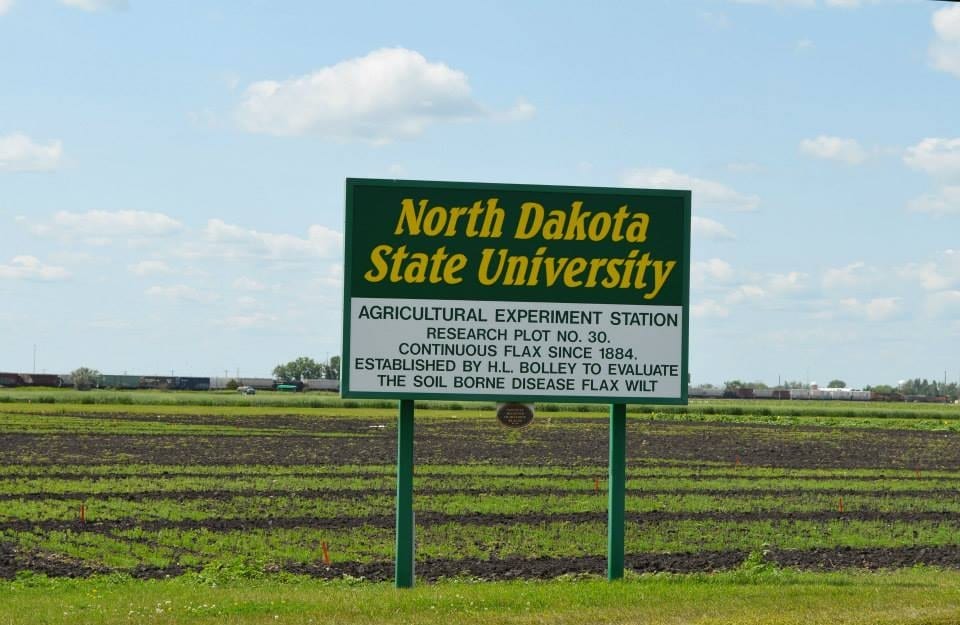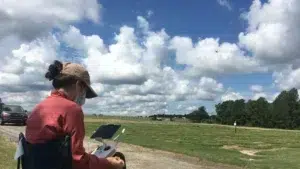$100 million project is for advanced agricultural research.

The new agricultural research laboratory at North Dakota State University will be named Bolley Agricultural Laboratory, following the State Board of Higher Education’s endorsement last month. The North Dakota Legislature allocated $97 million for this project during the 2023 legislative session, with an additional $3.6 million contributed through philanthropy.
A recent news release detailed the undertaking as one of the most significant capital construction projects in NDSU’s history. The Bolley Agricultural Laboratory will host various agricultural research disciplines, including plant pathology, plant breeding, weed science, agronomy, soil science and horticulture.
The lab’s namesake, Henry L. Bolley, was among the inaugural faculty at what was then known as North Dakota Agricultural College, now NDSU. His roles extended beyond academia; he founded and coached the university’s football team and was the pioneer plant pathologist at the North Dakota Agricultural Experiment Station.
An Indiana native with a Purdue University education, Bolley held the position of state seed commissioner from 1909 to 1929. He was instrumental in the creation of the North Dakota Pure Seed and Weed Law, established the state’s Certified Seed program, and founded an herbarium at the university. One of his notable scientific achievements involved establishing the connection between barberry bushes and the spread of rust spores in wheat, underscoring the importance of selecting and breeding cereals for rust resistance. Bolley’s tenure at NDAC spanned from 1890 to 1945, and he was honored with honorary doctorates from both Purdue University and NDAC for his extensive research and service.
Situated on the western boundary of NDSU’s campus, the Bolley Agricultural Laboratory will provide a modern replacement for the older field lab facilities and offer NDSU scientists advanced space, equipment, and technology to spearhead innovation in key sectors of the state’s primary economic industry. Construction is slated to commence in the summer of 2024.













